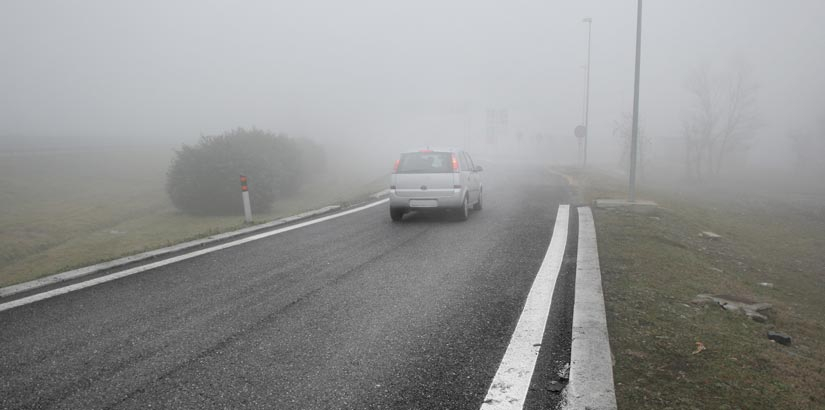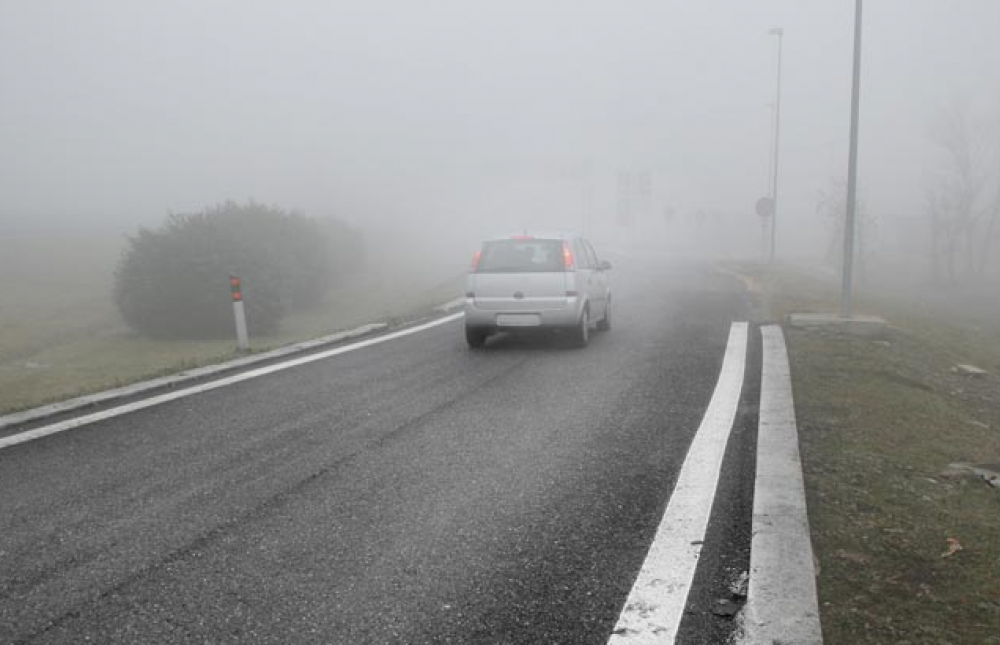
Poll Results
KUALA LUMPUR, Sept 27 – Close to 80% of Malaysians and Thais in a recent poll said ASEAN cooperation fails to prevent and solve haze recurrence, according to UCSI Poll Research Centre.
The survey conducted between September 20 and 26 among 958 people in Malaysia and Southern Thailand showed that 77.3% of them blamed enforcement as the root cause of haze.
In this poll, the results show that 70.7% were unsatisfied with the Malaysian’s and Thai’s governments’ effort in addressing the haze situation that hits the ASEAN region every year. Meanwhile, the majority of 89.7% thought that the haze was caused by fires in Indonesia. The majority or 93.8% also thought that Indonesian government should have more responsibilities to improve the air quality in neighboring countries. However, for the peace and civil happiness in ASEAN countries, the majority or 78.8% agreed and strongly agreed that all ASEAN countries should have more responsibility to mutually help solve the haze and should work together to prevent the future haze, but 18.6% neither agreed nor disagreed, and 2.6% disagreed and strongly disagreed.
Moreover, when respondents thought about ASEAN cooperation on solving the haze, the results show that the majority or 77.3% said that the country of haze origin’s law enforcement failed, 74.3% said that the country’ anti-corruption failed, 69.6% said that the warning systems failed, 65.0% said that the exchange of information failed, 64.6% said that the exchange of technology failed, 63.1% said that the mutual assistance failed, and 61.9% said that the campaign mobilizing the public’s awareness and prevention of haze’s effects failed.
When asked respondents about the air quality around their housing units, the results show that the majority or 61.0% said it was bad and terrible, 24.5% said normal, and 12.6% said good. However, people in both countries were increasingly worrisome, after asking them about the effects of haze. The results show that 92.6% said environment, 92.4% said outdoor activities such as exercise, working, 92.2% said general people’s health, 92.0% said pregnant women’s and babies’ health, 85.8% said animals’ health, 83.4% said tourism, 75.2% said education, 75.1% said business, 74.0% said transportation’s accidents, 73.2% said national economic negative impacts, and 71.6% said people’s work and income.
When measured their happiness in both countries, the results show that the majority or 64.5% felt unhappy and extremely unhappy, 17.9% felt somewhat unhappy, 11.3% felt neutral, only 4.4% felt
somewhat happy, and 1.9% felt happy. “Civil societies in studied countries need ASEAN power to take more responsibilities to prevent and solve the haze’s negative effects on human and animal health, business, and other well-being domains,” the pollster’s chief executive Assistant Professor Dr Noppadon Kannika said.
The effects, he said, bring serious problems of national, local, and individual businesses, tourism, outdoor activities, health, working and education, and environment.
“The poll clearly shows that the country of haze’s origin needs to improve law enforcement, anti-corruption, warning systems, the exchange of information, the exchange of technology, the mutual
assistance, and the campaign of the public’s awareness and prevention of the haze,” he added.
The survey had a margin error of 3.5% plus-minus.
About UCSI Poll Research Centre The UCSI Poll Research Centre (UCSI-PRC) is a public opinion research company owned by the UCSI Group. Its main objective is to utilise original and scientific research methodologies to investigate and analyse public opinions and attitudes.



